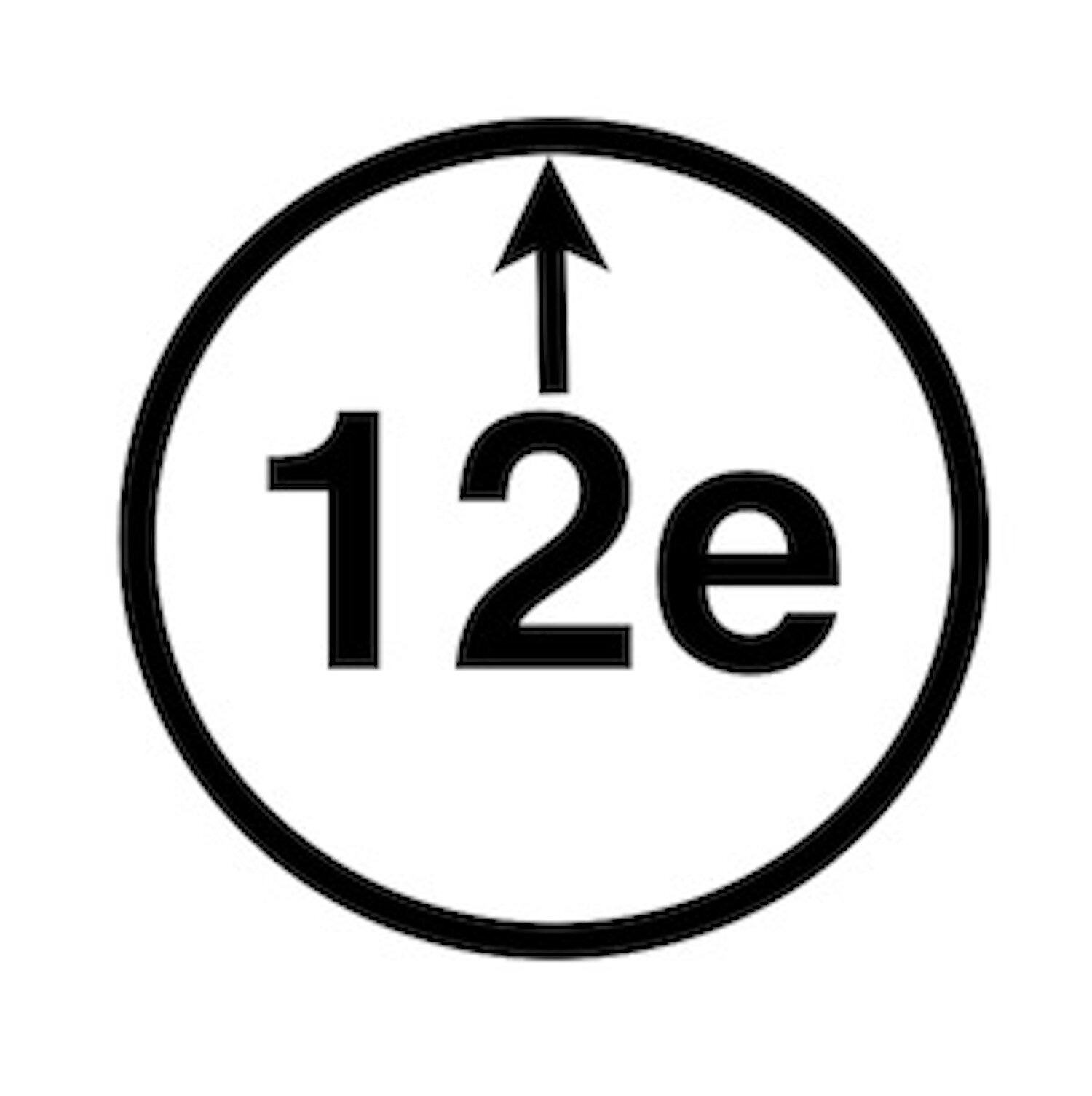Dirty Sources
Originally Posted - 1-21-07
I have finished two different works. One is “Instruction on Certain Aspects of the ‘Theology of Liberation’” It is a document that comes out of the Congregation for the Doctrine of the Faith (CDF), and written by then Cardinal Ratzinger.
The main concern for the CDF is the source of Liberation theology, which they consider to be Marxism. In the CDF’s estimation, Marxism can only lead to despair. As an alternative, the CDF suggests that the liberating nature of the Gospel be enough for those theologians who might be looking for more.
I’m not going to get into the argument between the CDF and liberation theologians, but I am going to consider this idea of sources. Can one use an idea that is secular in nature, and use it for the good of Christianity? Does the source ruin the product? The Baptists have had this argument with the Modernist/Fundamentalist debate. The Fundi’s argued that the Modernists were being corrupted by the ideas of the secular world. Yet, ironically, so were the Fundi (see Fri’s Eclipse of Biblical Narrative). The Reformers yelled sola scriptura, but also gathered around nominalistic philosophies as a lense to read the scriptures. Can one connect only to the Gospel without any influence at all? Can one have the purest of sources? Probably not. Yet I do not think we want to move to an ends-focused consideration of theology as well.
There is no way I am going to solve this in one posting, but here is a suggestion. We are part of something larger – historically, socially, politically, theologically, etc. We can neglect that of which we are a part, or we can connect, and be true to where we come from, how we are influenced and where we are going. We are a part of a narrative. And if we are even going to divert course of the narrative, we need to be clear why. I believe the Liberation Theologians were offering a course change to the Catholic Church, that was not accepted because of sources. Liberation theologians were not trying to become Marxist, but were trying to stay true to their context, their narrative, and were using the best tools they could find to offer a change. The story, the story, the story.
